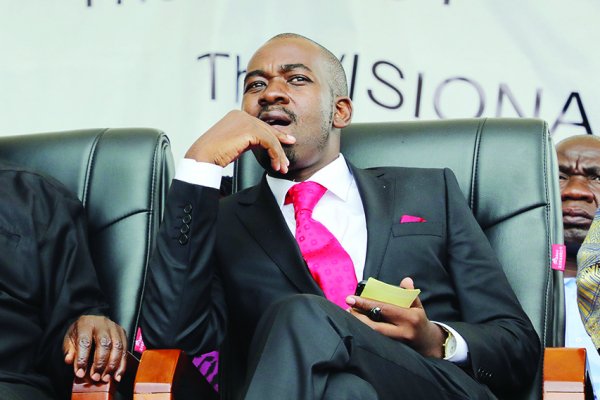Political Reporter
As the dust settles after the recent Harmonised General Elections, questions arise about the apparent disparity in mobilisation efforts between the Citizens Coalition for Change (CCC) party and its rival, ZANU PF. Observers suggest that the CCC party's lacklustre approach to nationwide mobilisation could have played a significant role in their electoral defeat.
Investigations by this publication revealed that at a time when ZANU PF was intensively rallying support from all corners of the country, the CCC's mobilisation efforts seemed lacking. Records indicate that as of August 11, the CCC Party had only held 33 meetings across the nation, while ZANU PF had conducted a staggering 445 meetings.
Again, attendance at these gatherings provided a telling indication of the popularity divide. A case in point is CCC leader, Nelson Chamisa's meeting in Bulawayo's Ward 4 on August 06, which reportedly saw an approximate attendance of 400 individuals. In contrast, the following day, ZANU PF Vice President, Cde Kembo Mohadi hosted a meeting in Emakandeni-Luveve Constituency, Bulawayo, with a reported attendance of around 6,000 people.
Similarly, on August 01, 2023, Chamisa convened a meeting in Buhera North Constituency, Manicaland Province, attended by nearly 800 people. However, Vice President, Constantino Chiwenga conducted a gathering in Buhera West Constituency on July 28, 2023, which drew around 10,000 attendees.
The trend of unequal attendance further underscores the perceived mobilisation gap. For instance, by August 11, 2023, the CCC had not organised a single mobilisation meeting in the Midlands Province, while ZANU PF had held six meetings in that region alone.
In another stark contrast, ZANU PF orchestrated an impressive 134 mobilisation meetings led by various party leadership figures in Mashonaland West Province, compared to the CCC’s meagre three meetings in the same province.
Political commentator, Terrence Chipwanya weighed in on the matter, pointing out what he sees as the CCC's lack of a coherent mobilisation strategy.
Chipwanya suggested that this absence of a clear plan could have contributed to CCC presidential candidate, Nelson Chamisa trailing President Mnangagwa by almost 9 percent of the votes.
Meanwhile, while these observations are based on available data and comments from political analysts, they underscore the critical role of robust mobilisation strategies in shaping election outcomes. The CCC's reported challenges in this aspect raise important questions about the effectiveness of their campaign approach and its potential impact on their electoral performance.
As Zimbabwe's political landscape continues to evolve, discussions about campaign strategies, voter engagement, and political mobilisation remain central to understanding the dynamics behind the election results.




